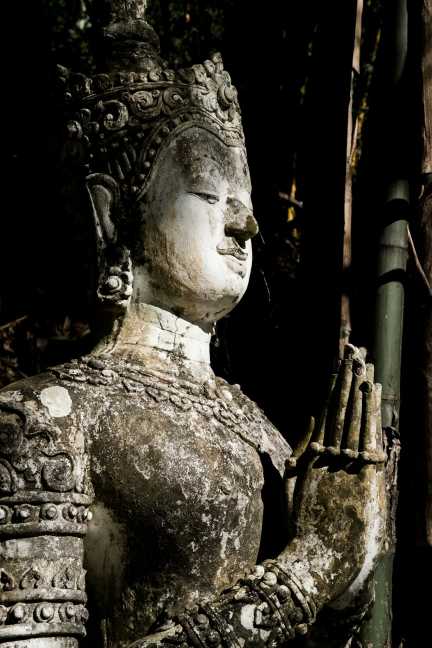Throughout human history, the concepts of heaven and hell have played a central role in shaping our beliefs about the afterlife and the nature of our existence. These ideas are deeply rooted in religious traditions and have been used to guide moral behavior, provide comfort in times of hardship, and inspire awe and wonder about the mysteries of life and death.
Heaven is often described as a place of eternal bliss and happiness, where the souls of the righteous are rewarded for their good deeds and faithfulness to God. It is envisioned as a paradise filled with joy, love, and peace, where there is no suffering or pain. In contrast, hell is depicted as a realm of eternal punishment and torment, where the souls of the wicked are condemned to suffer for their sins and transgressions.
These two concepts have been depicted in a variety of ways in different religious traditions. In Christianity, for example, heaven is often portrayed as a place where the faithful will be reunited with their loved ones and live in the presence of God for all eternity. Hell, on the other hand, is described as a place of fiery torment where sinners are separated from God’s love and mercy.
In Islam, heaven is known as Jannah, a paradise where the righteous will be rewarded with eternal bliss and pleasure. Hell, or Jahannam, is described as a place of unimaginable suffering and punishment for those who have rejected God and lived a life of sin.
In Hinduism, the concepts of heaven and hell are less defined and can vary depending on one’s actions and karma. Those who lead a virtuous life and follow the teachings of dharma may be reborn in a higher realm known as Devaloka, where they will experience happiness and bliss. Those who lead a life of sin and wrongdoing may be reborn in a lower realm known as Naraka, where they will suffer and atone for their deeds.
Regardless of the religious tradition, the concepts of heaven and hell serve an important purpose in providing moral guidance and inspiration for believers. They offer a vision of a higher reality beyond the physical world, where the soul can find peace, happiness, and fulfillment after death.
But what if heaven and hell are not physical places, but rather states of being that we experience within our own minds and hearts? Could heaven be a state of inner peace, love, and harmony that we can cultivate through meditation, mindfulness, and compassion for others? And could hell be a state of fear, anger, and suffering that we create through our negative thoughts, emotions, and actions?
In this sense, heaven and hell can be seen as metaphors for the inner landscape of our consciousness, where we can choose to nurture qualities that lead to happiness and fulfillment, or we can allow negative emotions and beliefs to create a state of suffering and conflict within us.
Exploring the concept of heaven and hell in this way opens up a new understanding of these age-old ideas and invites us to consider their relevance in our modern lives. Instead of viewing heaven and hell as external destinations that we may reach after death, we can see them as internal states of being that we can access here and now through our thoughts, emotions, and actions.
By cultivating qualities such as love, compassion, gratitude, and forgiveness, we can create a sense of heaven within ourselves and experience joy and peace in the midst of life’s challenges and difficulties. And by letting go of negative emotions such as fear, anger, and resentment, we can release ourselves from the grip of hell and find freedom and liberation in the present moment.
In this way, the concepts of heaven and hell can serve as powerful symbols of the inner journey of personal growth and spiritual awakening. They remind us that the choices we make and the attitudes we cultivate have a profound impact on our well-being and happiness, and that we have the power to create our own heaven or hell right here and now.
So the next time you find yourself struggling with negative emotions or beliefs, remember that heaven and hell are not just myths or distant realities, but states of consciousness that you can choose to enter or leave at any moment. By exploring the concept of heaven and hell within yourself, you may discover a deeper sense of peace, fulfillment, and purpose in your life.














